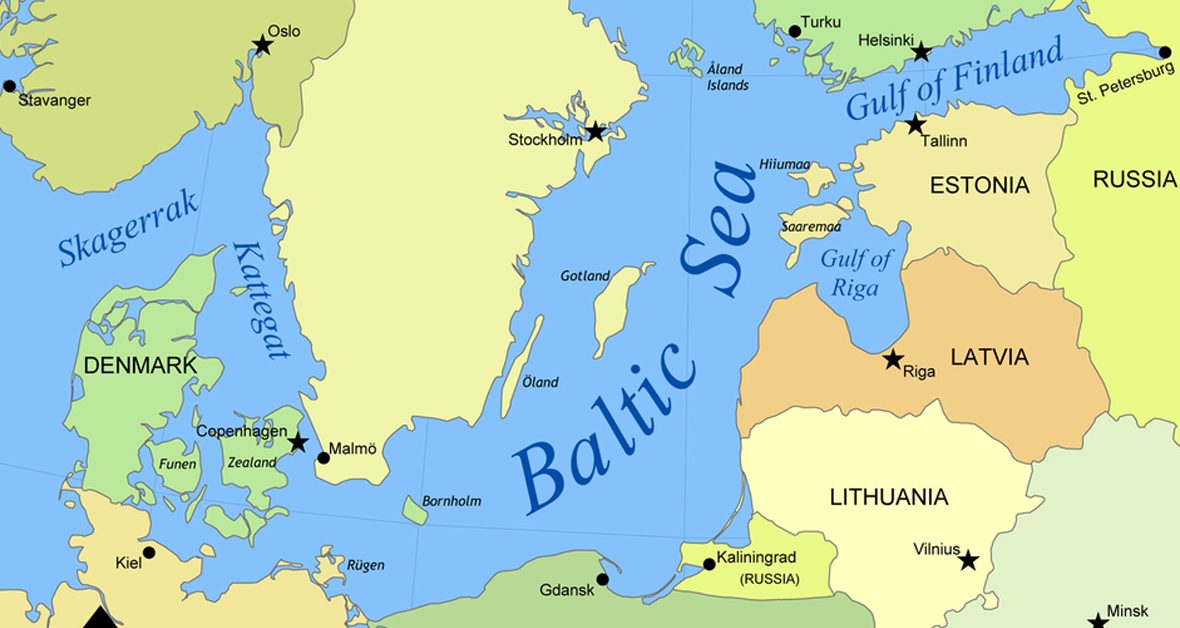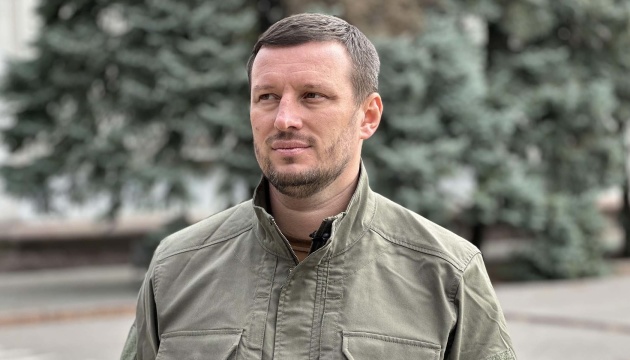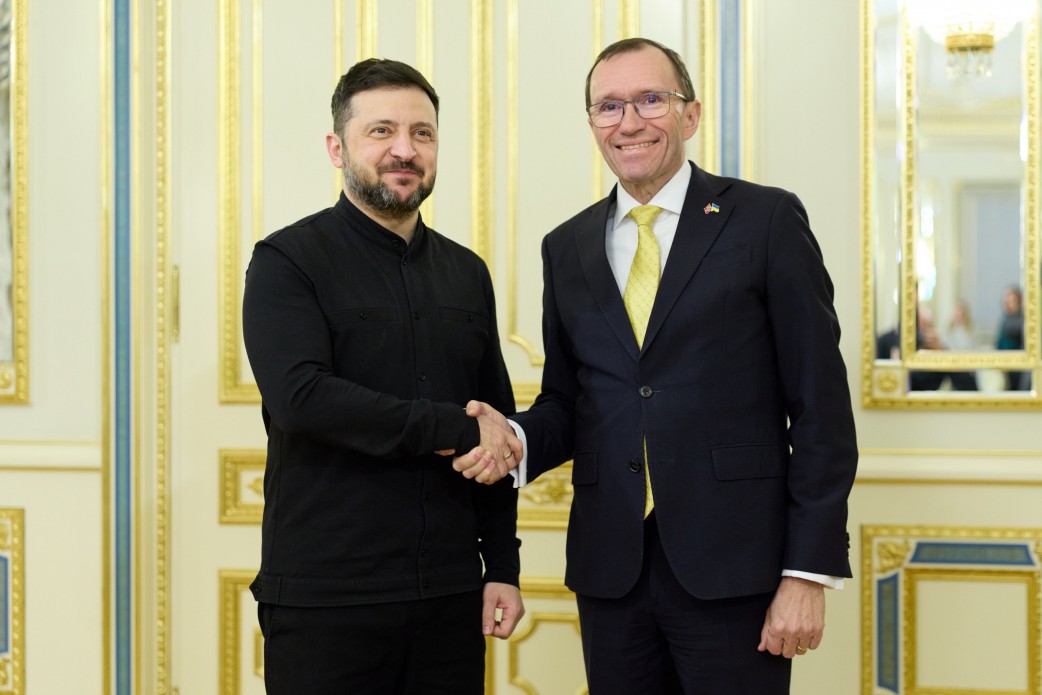On February 8, Lithuania is scheduled to disconnect from the Russian-Belarusian energy system BRELL and switch to the European grid. The economics of the process are better explained by experts, but the security factor is obvious. What has been happening in recent months?
A series of incidents involving energy cables and communication lines running through the Baltic Sea. Lithuania is continuously monitoring the condition of the NordBalt cable with Sweden (noting failed attempts to damage it), as well as strengthening the protection of the LitPol line with Poland. Additionally, there have been two incidents involving near-Russian tankers. Fortunately, there have been no dramatic consequences.
All this is happening against the backdrop of rising risks to air traffic. And other beauty.
It seems that the Baltic has suddenly started to spark.
Not suddenly. I’ve written about this multiple times.

Formally, from March 1, 2024, Russia has re-established the Leningrad Military District. Its primary task is to confront NATO in the Baltic, as well as… the Arctic.
The main donor of security in the Baltic is Ukraine. Starting with the destruction of Pskov paratroopers, Kaliningrad marines, and Murmansk-Karelian motorized infantry, including "Arctic" forces. This became especially evident in May, when Leningrad Military District troops rushed through the border to Kharkiv, where they suffered significant losses. The Leningrad Military District also sustained heavy damage in the Kursk region.
That is, in addition to the pre-damaging of underwater infrastructure, Russia could now be hanging over the Baltic with a very specific mass of troops. But it hovers over graveyards. Due to this, it can only respond to large-scale drills in Finland with hysterics from alcohol blogger Medvedev.
These are the harsh realities on the ground. And a clear argument for Europe as to why it should invest in strengthening Ukraine's defense and Ukrainian defense industry. Because for some reason, Russia is not intimidated by the two and a half thousand kilometers of shared border with NATO. But the border with Ukraine—now that intimidates them.
No "values," just pure pragmatism. Also, the preconditions are accumulating for stricter regulations regarding the passage of ships to/from Russian ports in the Baltic Sea. There won’t be any drama right away. However, it will soon cost the Russians even more, and someone in Europe will profit. Which, for starters, is not bad.



















